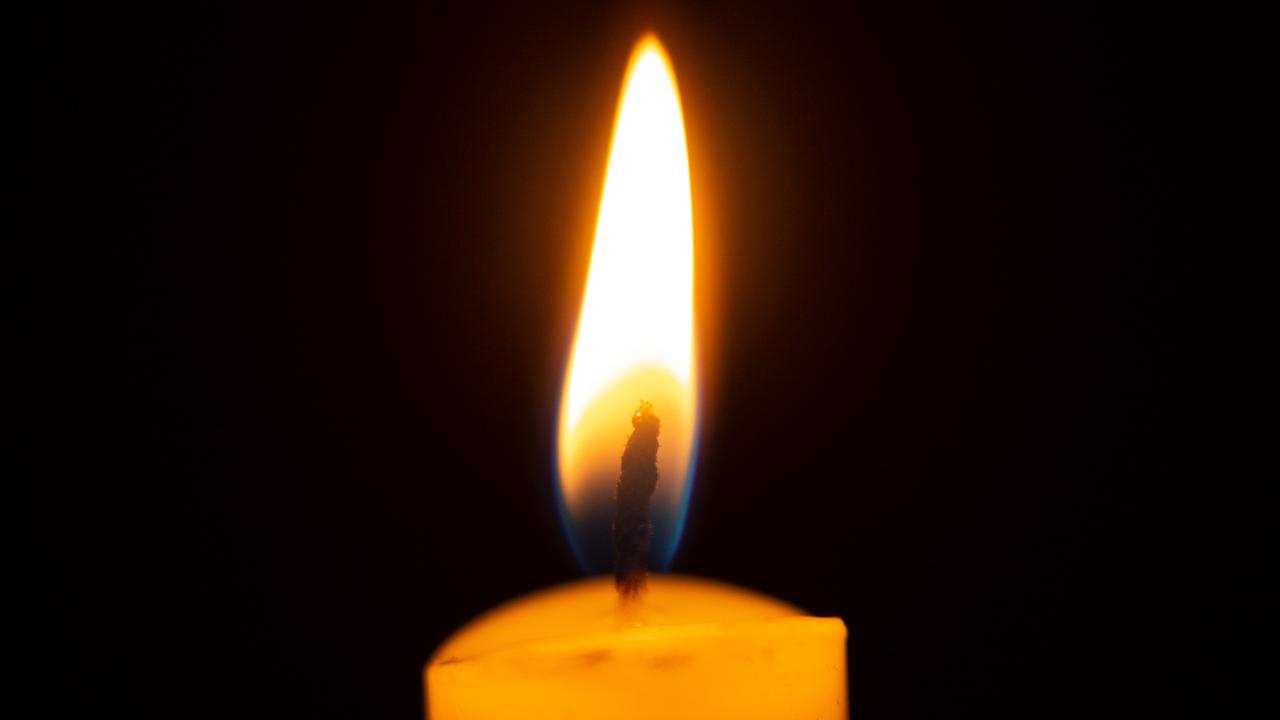Vietnam veteran Barry Musch of Lota talks about psychological toll of combat
VIETNAM veteran Barry Musch thought the headaches were bad enough after he returned home from war. He then began experiencing flashbacks and realised he had post-traumatic stress disorder.

ANZAC Centenary
Don't miss out on the headlines from ANZAC Centenary. Followed categories will be added to My News.
A VIETNAM veteran said it took him more than 25 years to recognise he had post-traumatic stress disorder (PTSD).
Barry Musch, who served as a helicopter gunner, said he was forced to quit his job and re-evaluate his life more than 25 years after returning from active service in 1971.
Mr Musch said the only time he ever marched on Anzac Day was in 2007 with his father, a WWII veteran, just before he died.
It was one of only a few acts in which Mr Musch associated with anyone in the services after he left the navy due to health and psychological problems.
“I started to suffer from cluster headaches — five times worse than a migraine towards the end of my time in service,” he said.
“I went to all sorts of specialists but they couldn’t figure out why I was getting them.”

The war took its toll on Mr Musch. As a helicopter gunner performing medical evacuations, he worked shifts of up to 13 hours a day, was consistently shot at and saw many terrible sights.
“We flew for about 500 hours a year and that means for 500 hours a year someone was shooting at you,” he said.
“Usually you’re flying into a hot zone — taking enemy fire.
“You’d shoot about 2000 rounds — that’s just to keep the enemy with their heads down.
“I’ve had people shot in the chopper while sitting next to me. I’ve had the aircraft I was in shot up, but luckily we got back safely.”

He said the headaches were only the tip of the iceberg — years later he was diagnosed with PTSD when he experienced flashbacks and suffered from claustrophobia.
“We were in a plane heading to New Zealand and I had to get off,” he said.
“They were about to close the door when I told them I had to get off. They said, ‘you can’t,’ I said, ‘Just watch me.’
“I also had an office on the 21st floor — I had to take the stairs each day.”
He said he began threatening people and realised he needed help — unfortunately it meant quitting a job he loved.
“I was vice-president of American Express at the time,” he said.
“But I just had to quit — I loved that job and loved the people.”
Mr Musch said Vietnam veterans never shared how they felt.
“We were always just told to suck it up. No one ever glorified what they went through or acknowledged it,” he said.
“No one ever said, ‘Oh, you poor thing’.”
THIS story is part of Quest Community Newspaper’s 100 Years, 100 Days, 100 Stories project, which will profile Queensland WWI heroes and families as the nation builds up to the centenary of the Allied landing on Gallipoli on April 25, 1915.
If you have the details and war record of a family member who served during WWI, let us know on our Facebook page or email editorial@qst.newsltd.com.au


